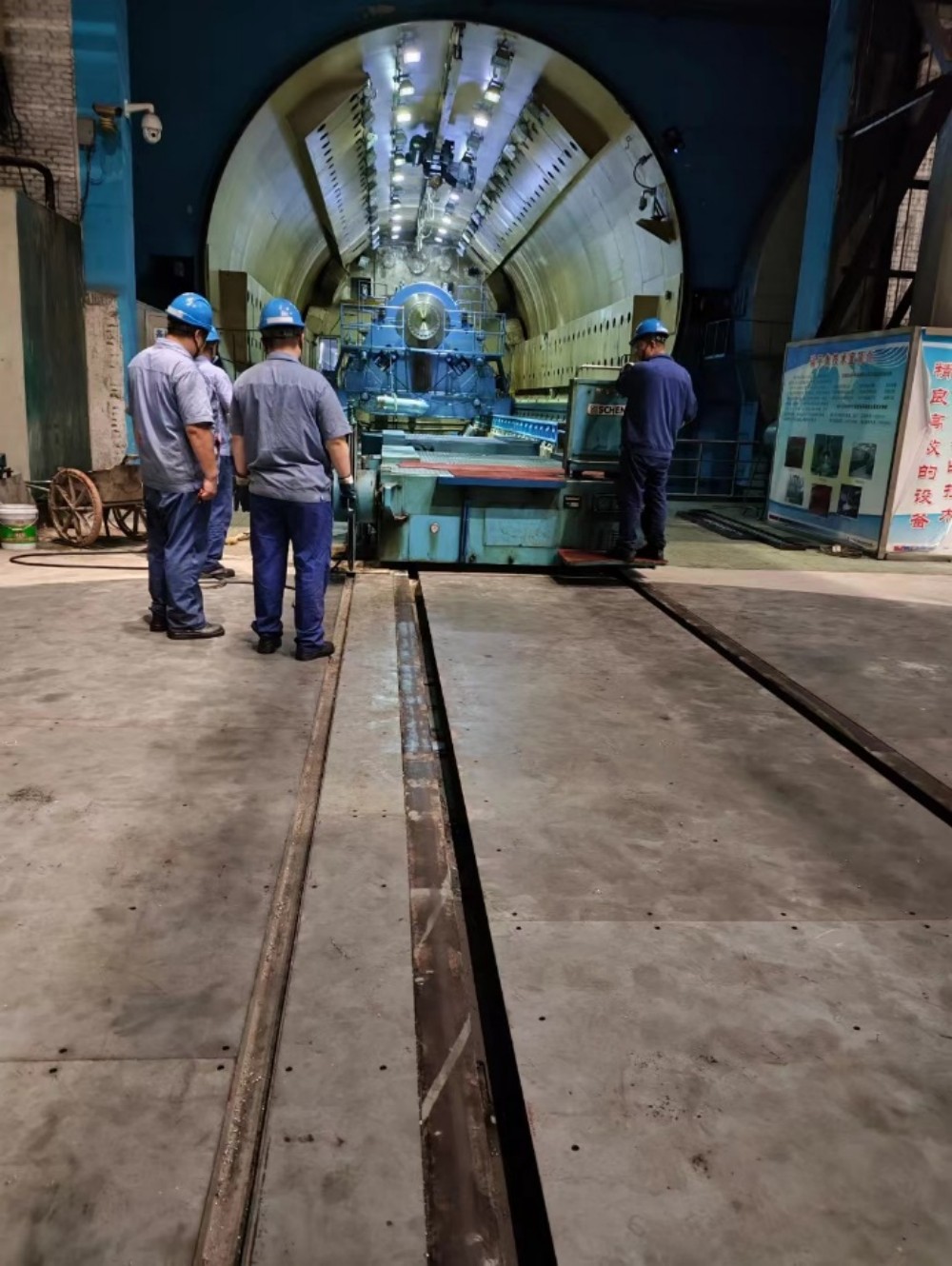In the world of aviation, airplane mechanics play a pivotal role in ensuring the safety and efficiency of air travel. As the guardians of the sky, they are responsible for the maintenance, repair, and inspection of aircraft. If you're interested in joining this high-flying profession, this article will provide you with a comprehensive guide on how to become an airplane mechanic.
- Understanding the Role:
Before embarking on this career path, it's essential to understand what an airplane mechanic does. They are responsible for diagnosing and repairing issues, performing routine maintenance, and ensuring that every aircraft meets safety standards. This role requires a strong understanding of aircraft systems, from the engine and landing gear to the electrical systems and beyond.
- Educational Requirements:
To become an airplane mechanic, you'll need a high school diploma or equivalent. However, most employers prefer candidates with further education. Many aspiring mechanics choose to pursue an associate's or bachelor's degree in aviation maintenance technology or a related field. These programs provide a solid foundation in the principles of aviation, electronics, and mechanical systems.
- Certification:
In many countries, including the United States, airplane mechanics must be certified by the Federal Aviation Administration (FAA). The FAA offers two types of certifications: the Airframe certification, which covers the body of the aircraft, and the Powerplant certification, which covers the engine. To obtain these certifications, you must complete an FAA-approved education program and pass a series of written, oral, and practical exams.
- Hands-on Experience:
Experience is crucial in this field. Many educational programs include internships or apprenticeships that provide hands-on experience. After graduation, you may start as a junior mechanic, working under the supervision of more experienced professionals. As you gain experience, you can advance to more complex tasks and eventually become a lead mechanic or inspector.
- Continuous Learning:
The aviation industry is constantly evolving, with new technologies and regulations. As an airplane mechanic, you must stay updated with these changes. This may involve ongoing training and additional certifications.
- Soft Skills:
Apart from technical skills, certain soft skills are also important. These include problem-solving skills, attention to detail, and the ability to work under pressure. Good communication skills are also essential as mechanics often work in teams and need to communicate effectively with pilots, flight engineers, and regulatory authorities.
- Job Outlook:
According to the U.S. Bureau of Labor Statistics, job opportunities for airplane mechanics are expected to grow at a steady rate. The increasing number of air passengers, coupled with the need to replace retiring mechanics, is likely to drive demand in this field.
Becoming an airplane mechanic is a rewarding career choice that offers the opportunity to work with cutting-edge technology and contribute to the safety of air travel. It requires a mix of education, certification, experience, and soft skills. With dedication and perseverance, you can soar high in this exciting profession.
Remember, the sky is not the limit; it's just the beginning. So, buckle up and get ready for a thrilling journey to becoming an airplane mechanic.



More Stories
Heavy-duty Steam Turbine Rotor Turntable Launched, Overcoming Challenges in the Transportation of Large Energy Equipment
How CNC Aluminum Machining Supports High-Performance Industrial Applications
Challenges and Solutions in Implementing Distributed Temperature Sensing